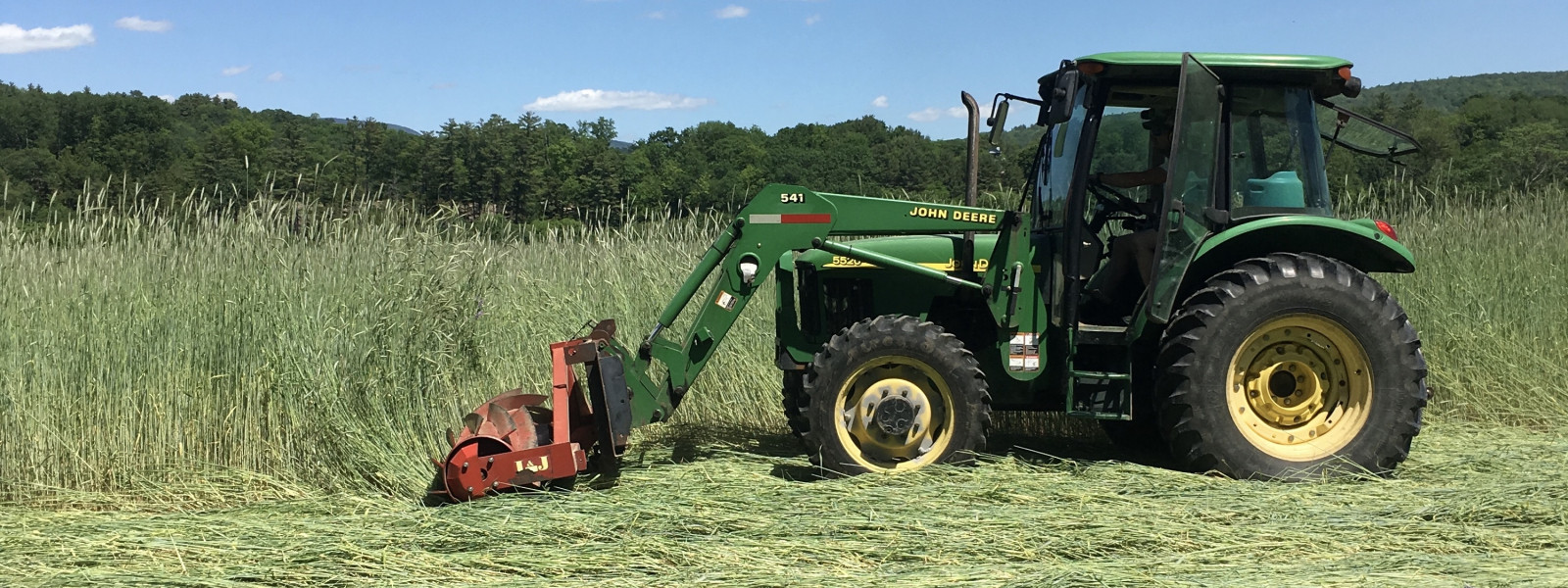
Tips
You searched for gardening tips and found 66 tips.
- Pest: Rose Chafer – These beetle-like bugs are very common. Unfortunately they are not friends. They can skeletonize the leaves of your plants quickly and thoroughly. Read more →
- Pest: Slugs – Wet weather brings slugs which wreak havoc on your plants close to the ground, especially those that are very moist like lettuce, cabbage, and many other greens. Read more →
- Pest: Squash Bug – Even though they have the most gorgeous eggs, you don’t want to find these on the undersides of your squash plants. Find out about the ways to keep these bugs at bay using natural methods and processes. Read more →
- Pest: Wireworm – Ever find potatoes with wriggly holes inside? This is probably wireworm damage. Read more →
- Planting Garlic – As the winters get shorter, we plant our garlic later. It used to be late September as the nights begin to cool and the light fades, but these days the best time to plant your garlic in the northern New England climate is more like mid October to early November. Encouraging strong root growth before the freeze helps to sustain healthy and vigorous spring growth. Seeing the first garlic shoots in the spring is one of our earliest spring green pleasures on the farm. Read more →
- Planting Tomatoes – Planting tomatoes properly can be a bit of a mystery. Start with a hole about 10-12 inches deep. Read more →
- Saving Seeds – Seed saving is a fun way to bring your gardening talents to the next level! Empower yourself and follow these simple tips to save seeds from some common and simple-to-process vegetables. Read more →
- Soil Testing – Soil fertility is an important part of maintaining a healthy garden. To best manage your soil fertility, start with a simple soil test. Read more →
- Staking Tomatoes – We highly recommend staking and training tomatoes early, while they are small. If you wait until they flop, you risk breaking the tender stalks. Read more →
- Starting a Garden – Let us share some tips with you on how, and why, to start your own garden, and provide some helpful resources too. Read more →
